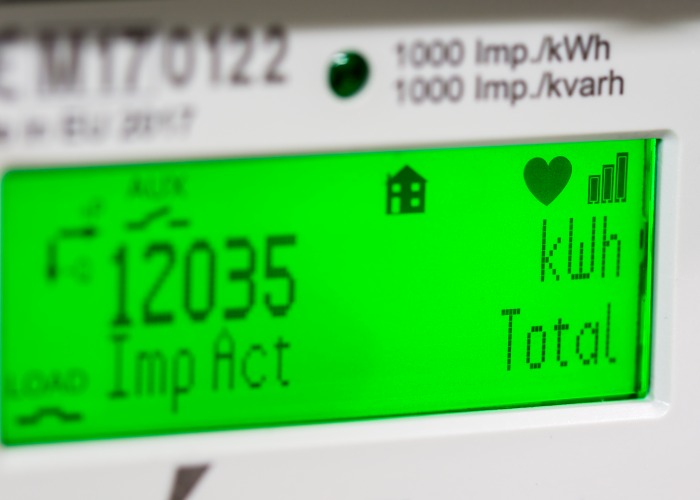Energy bill overpayments and prepayment vouchers: energy mistakes costing us a fortune

Energy suppliers are benefitting from our overly large direct debits, while thousands of households are still yet to claim Government help.
Most of us will be feeling the pinch at the moment. With inflation remaining stubbornly high, our money simply isn’t stretching as far as it usually would.
One of the expenditures which have risen most substantially over the last few years is energy bills, yet many people are suffering because of making these energy mistakes which could be costing us a fortune.
Paying too much for our energy
The first big issue surrounds energy overpayments.
New data from Uswitch last week dug into the balances that we have with our energy suppliers, with more than 16 million households found to have over £6.7 billion in energy credit balances.
There’s nothing wrong necessarily with being in credit with your energy supplier.
The way that bills work is that we pay for more than we need during the summer months, so that we are in credit for the more costly winter months when we use more energy.
But it’s the scale of these credit balances that are particularly notable. Those credit balances are an almighty £5.3 billion higher than a year ago, with the number of households in credit having risen by five million since this time last year.
Uswitch also found that more than eight million of us are now in credit by more than £200.
The level of these credit balances suggests that the direct debits set by many of our energy suppliers are simply too high.
That’s an unpleasant situation at the best of times, let alone when household finances are particularly stretched on account of rising inflation.
While many energy suppliers will provide automatic refunds to customers who are significantly in credit on an annual basis, that isn’t the case across the board.
What’s more, do you really want to provide an energy supplier with what is essentially an interest-free loan?
That money is rightfully yours, and is doing you no good being sat in your energy account.
As a result, it’s really important to keep a close eye on your energy account’s balance, to work out whether your direct debit is set at an appropriate level.
And if you end up significantly in credit, even in the months when you are least likely to be using energy, it may be requesting a refund.
|
PROMOTION
|
||
|
Missing out on Government help
The second mistake is around households failing to make the most of the support on offer.
Millions of households on prepayment meters are missing out on valuable support from the Government worth hundreds of pounds.
Last autumn, when it became apparent that energy bills were going to be rocketing to record highs, the Government announced the Energy Bills Support Scheme.
The idea was that each household would get £400 in support towards our bills, with payments of £66-£67 made directly to our suppliers by the Government between October and April, reducing the amount we would have to pay as individual households.
However, the system worked rather differently for households on prepayment meters, who were eligible for vouchers which could be cashed in for the same level of support.
The trouble is that huge numbers of households on prepayment meters ‒ which are typically low-income households ‒ have not claimed those vouchers.
New data from the Government showed that while £780 million worth of vouchers have been sent to eligible homes, around £160 million of vouchers are yet to be redeemed.
Why prepayment meters make budgeting tougher
That’s an incredible amount of money going to waste, by households that would value it most keenly.
After all, budgeting for energy bills is far tougher if you are on a prepayment meter.
For households on regular meters, there is some level of certainty around what we pay each month on our energy bills in the shape of our direct debits.
The supplier works out what you are likely to pay over a year, and then divides that into 12 equal direct debits, though as we have already highlighted it would appear those calculations need some work.
Things work differently if you are on a prepayment meter.
You need to put money onto your meter in order to use energy at all, meaning you inevitably have to spend more during the winter months since your heating is on more frequently.
By not cashing in these vouchers, a sizeable number of the poorest households have had to foot the bill for that greater level of energy use entirely off their own back.
And in some cases, they have effectively disconnected themselves, not using energy at all since they simply don’t have the money to put it onto a meter in the first place.
Don’t give energy suppliers an easy ride
It’s been an incredibly difficult couple of years for all of us when it comes to our spending on energy.
Indeed, energy bills have become one of the biggest concerns for many of us, with the Ukraine war and the situation in the wholesale markets pushing up our energy bills to levels never before seen.
However, if we fail to take advantage of Government support, or let our suppliers take the mickey with their direct debit levels, then we are making a bad situation worse.
Comments
Be the first to comment
Do you want to comment on this article? You need to be signed in for this feature
